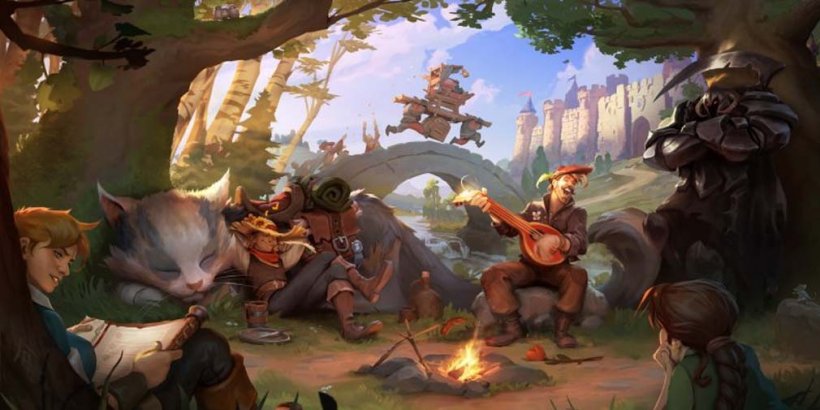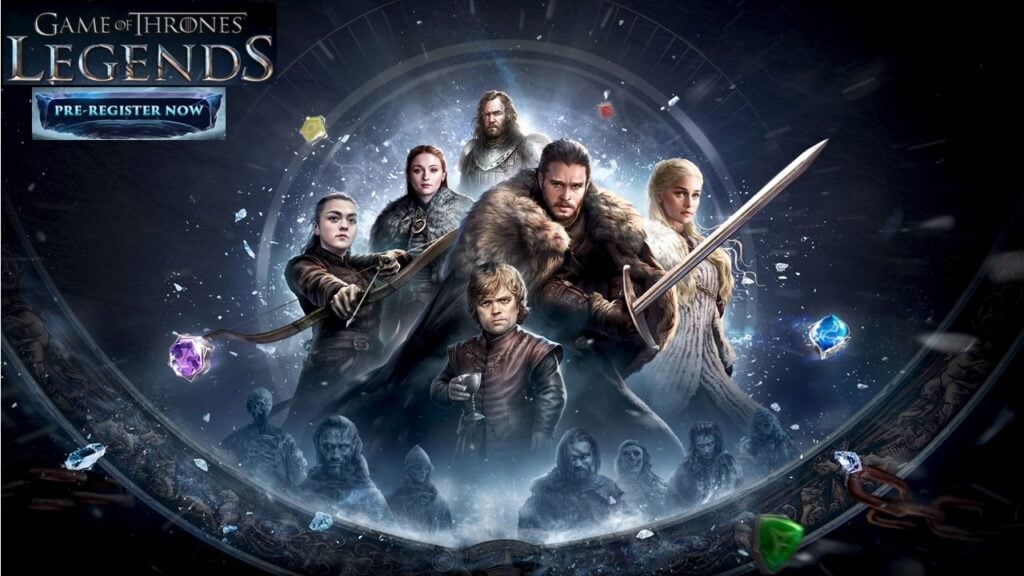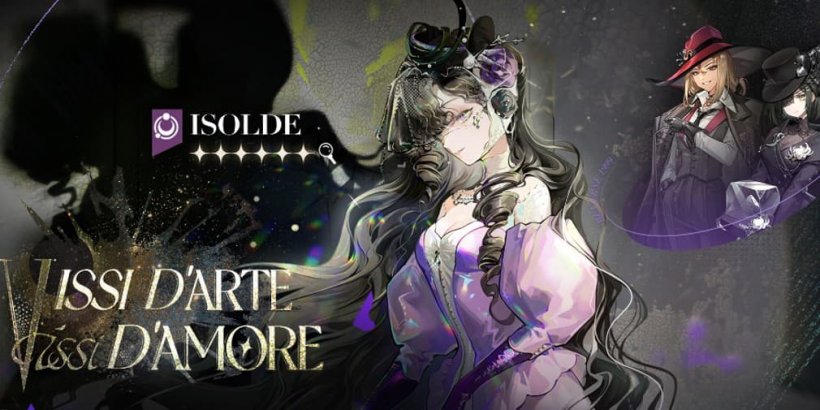Doom's Combat & Modern Metal Music Evolve
- By Zoe
- Mar 12,2025
Doom's enduring connection to metal music is undeniable. A single note from any Doom soundtrack instantly evokes the series' demonic imagery, mirroring the aesthetic of bands like Iron Maiden. This symbiotic relationship has evolved alongside the game's gameplay, both reinventing themselves over three decades. From thrash metal origins, Doom's soundtracks have explored numerous metal subgenres, culminating in the metalcore intensity of *Doom: The Dark Ages*.
The original 1993 *Doom*'s driving soundtrack drew heavily from late 80s and early 90s metal giants like Pantera and Alice in Chains. Co-creator John Romero cited these influences, evident in tracks like "Untitled" (E3M1: Hell Keep), which echoes Pantera's "Mouth of War." The overall score embraced thrash metal, reminiscent of Metallica and Anthrax, perfectly complementing the game's fast-paced action. Bobby Prince's timeless composition perfectly captures the rhythm of *Doom*'s iconic gunplay.
Doom: The Dark Ages - Gameplay Screenshots
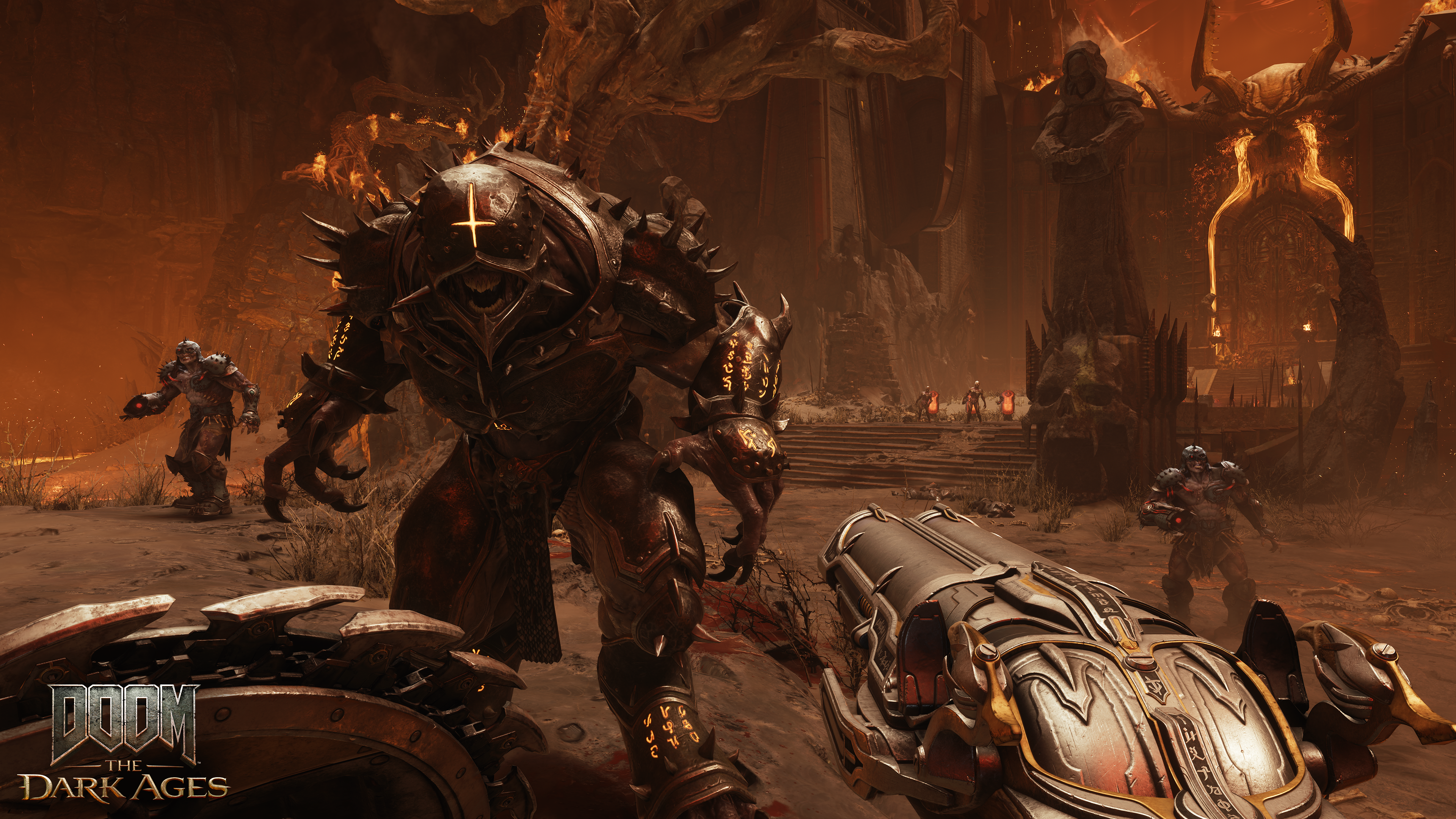
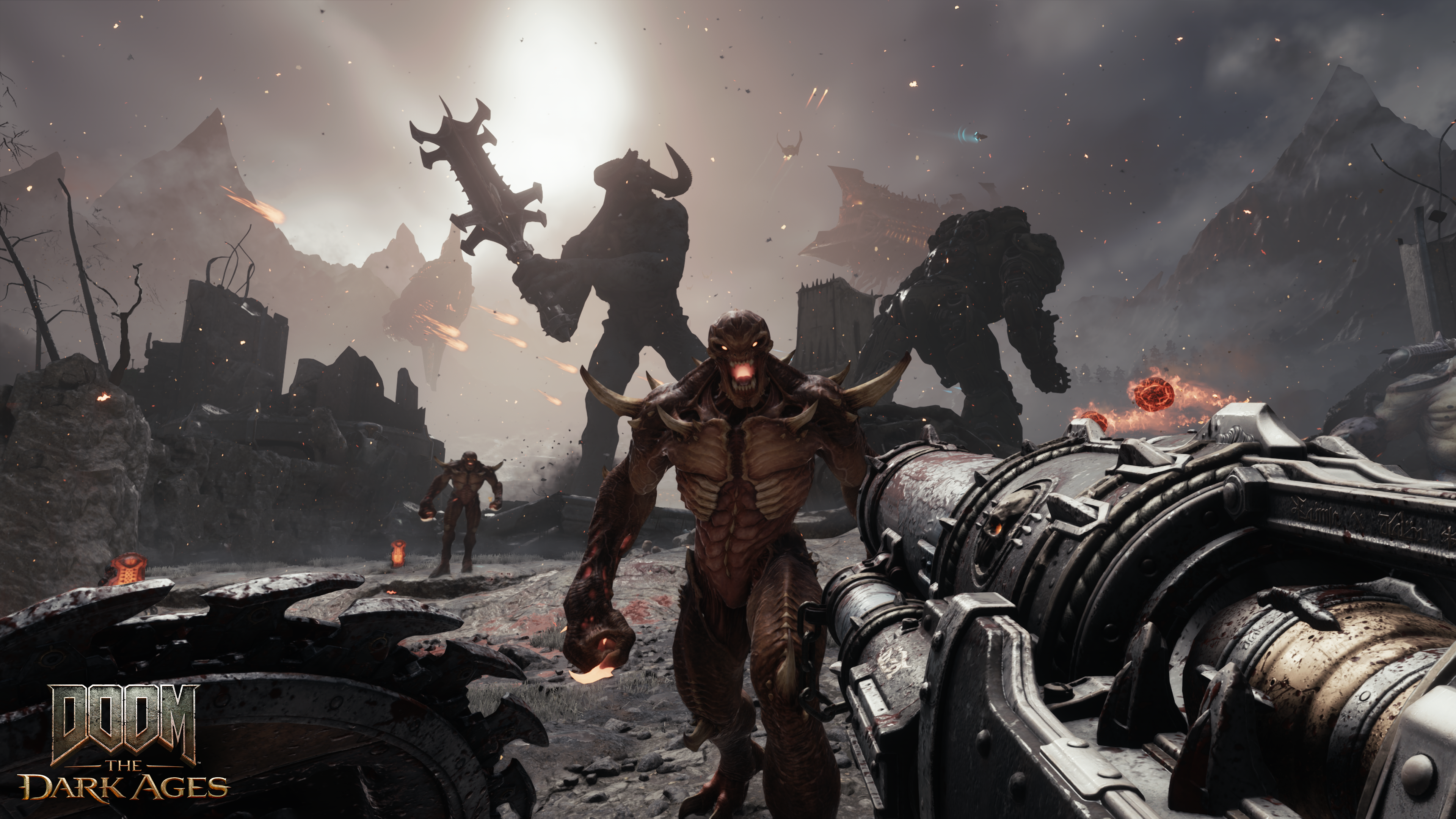
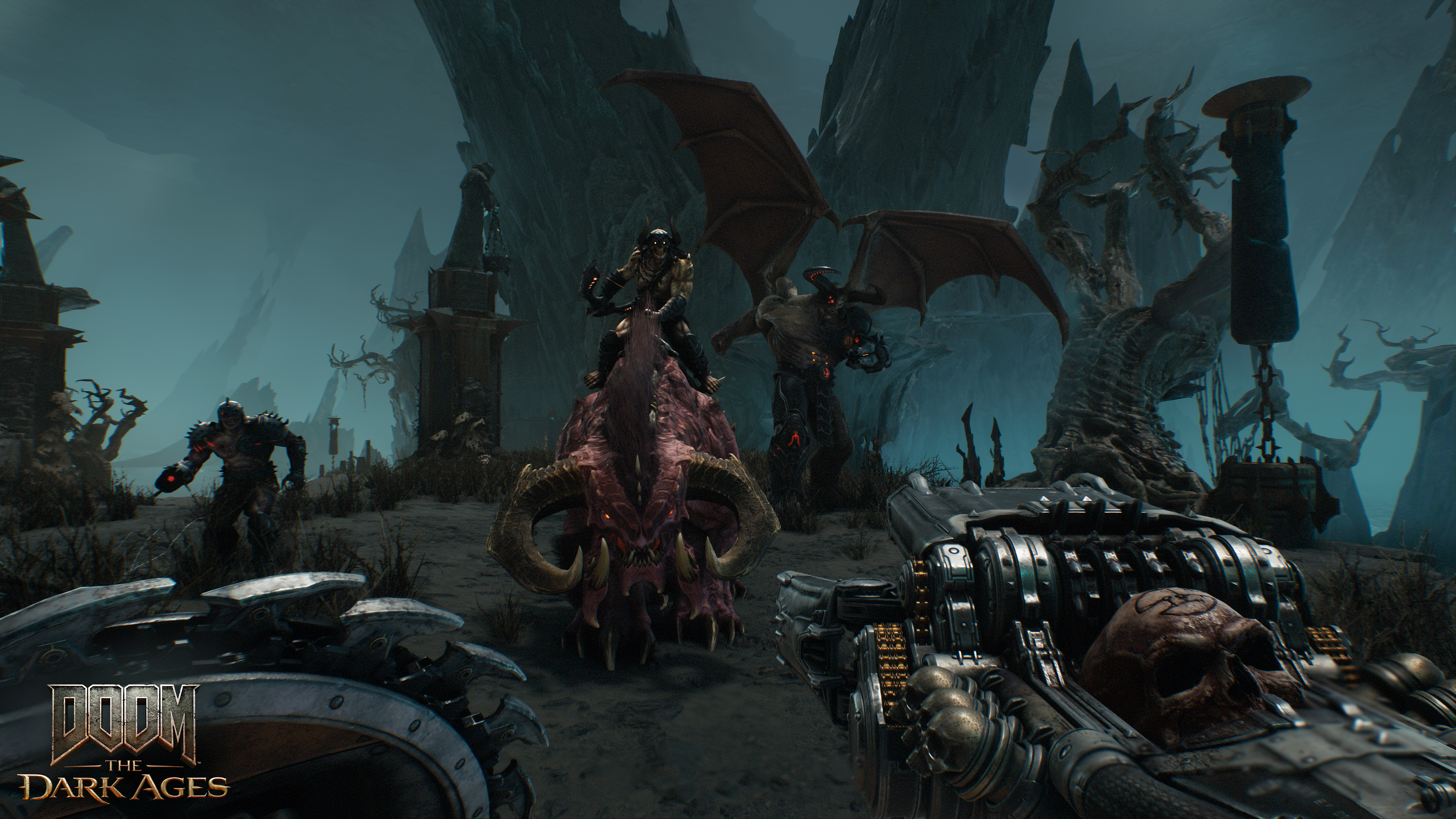
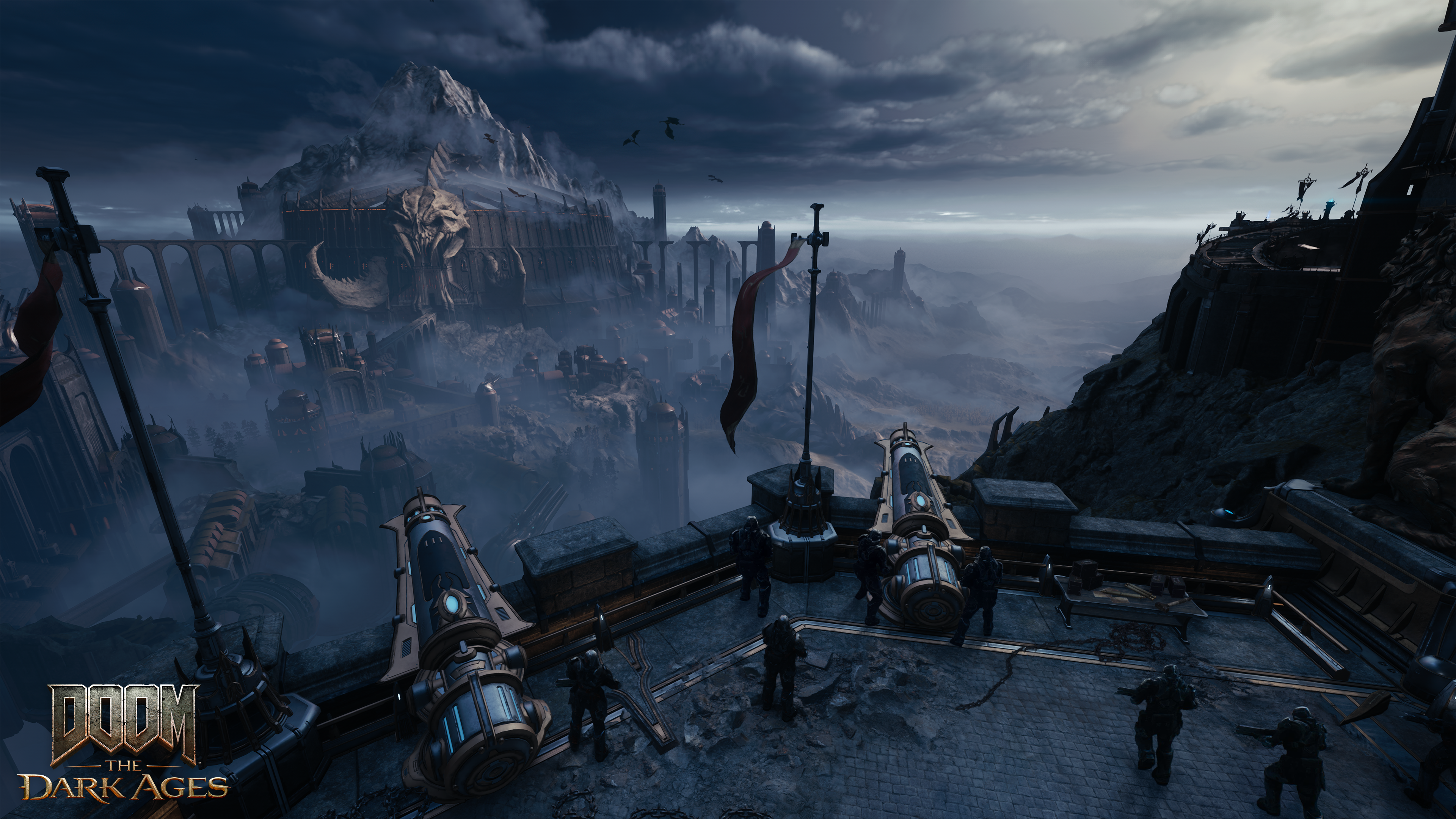
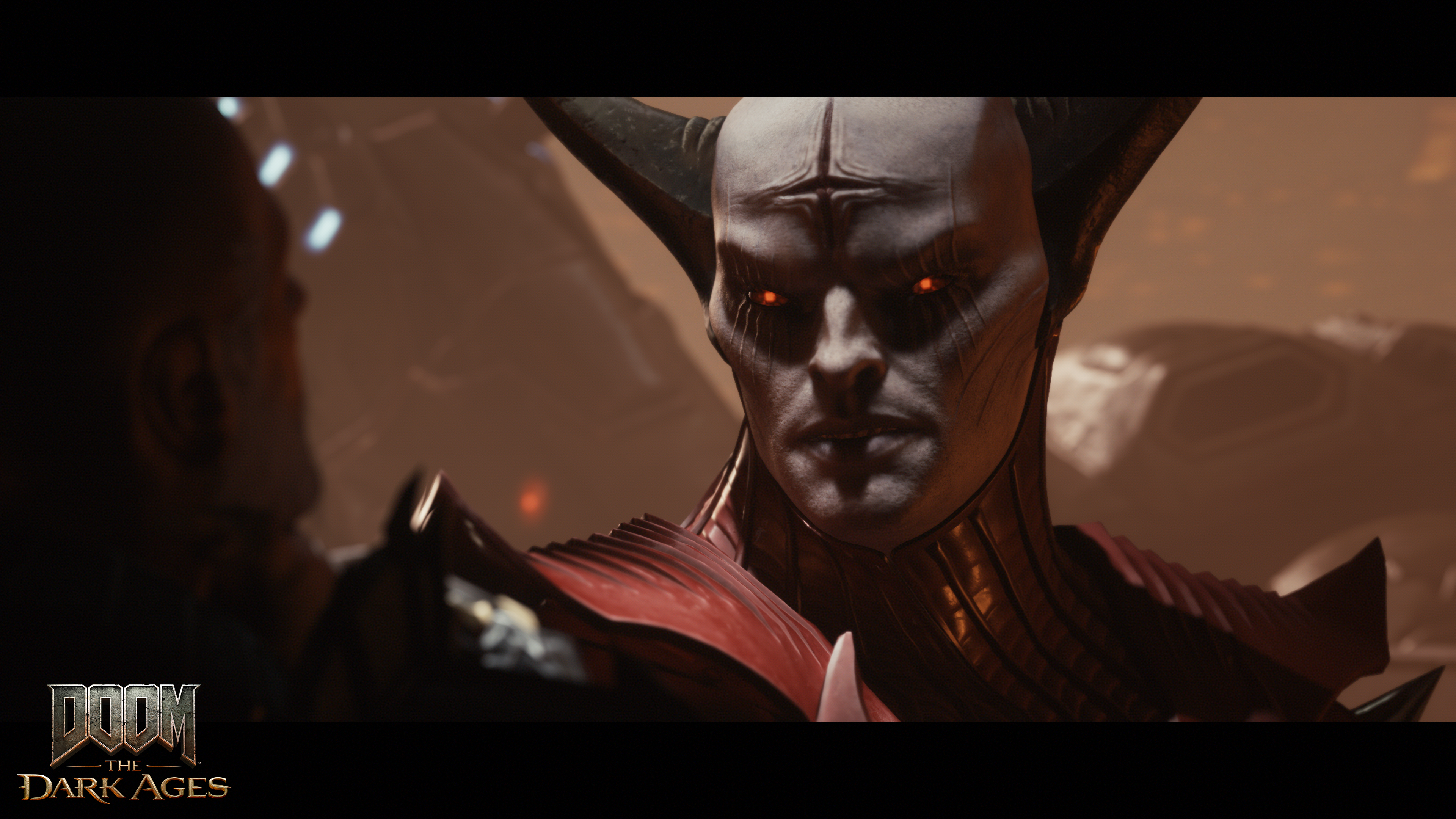
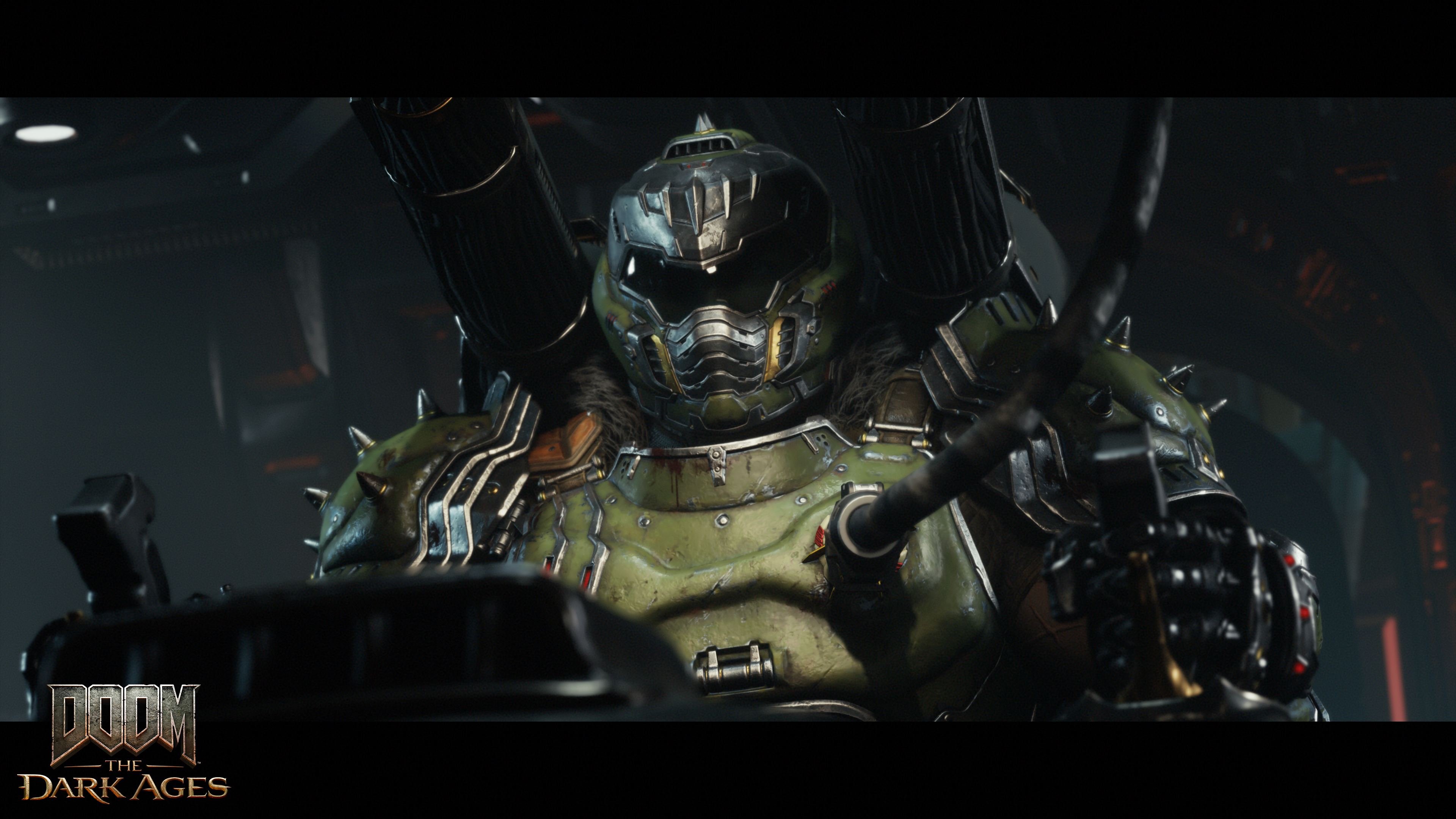
For over a decade, *Doom* maintained this musical style. Then came 2004's experimental *Doom 3*. This survival horror shift introduced risks, some controversial (like the flashlight mechanic). However, its slower pace demanded a new sonic landscape. While Trent Reznor's involvement was initially considered, Chris Vrenna (Nine Inch Nails) and Clint Walsh ultimately composed the soundtrack, drawing inspiration from Tool's atmospheric sound. *Doom 3*'s main theme could easily be a Tool b-side, its complex time signatures perfectly complementing the game's horror atmosphere.
Though commercially successful, *Doom 3*'s survival horror design is now seen as an outlier. The early 2000s saw FPS games evolve with the rise of *Call of Duty* and *Halo*, influencing *Doom*'s transformation. This period also mirrored metal's evolution; amidst the success of bands like Slipknot and Deftones, the nu-metal fallout was still playing out. *Doom 3*'s Tool-inspired soundtrack, while unique, was a successful experiment, perfectly matching its unsettling tone.
After a development hiatus, 2016's *Doom* revitalized the franchise. Directors Marty Stratton and Hugo Martin spearheaded a return to form, embracing the series' original momentum. Mick Gordon's soundtrack, a powerhouse of chainsaw guitars and sub-bass frequencies, became iconic. This djent-influenced score is arguably even more celebrated than the original, inseparable from the game's experience.
The success of *Doom 2016* raised the bar. Mick Gordon returned for *Doom Eternal* (2020), but creative differences resulted in a soundtrack with unclear authorship. Despite this, the music feels like an evolution of its predecessor, leaning into the metalcore sound of the late 2010s. This aligns with Gordon's simultaneous work with Bring Me the Horizon and Architects, whose influence is evident in *Eternal*'s heavier breakdowns and electronic elements. While still heavy, it's slightly less intense than *Doom 2016*, mirroring the game's added platforming and puzzle elements.
While *Doom Eternal* is excellent, I personally prefer the raw intensity of *Doom 2016*. This mirrors my preference for Architects' earlier work over their later releases. *Doom Eternal*, like Architects' more recent albums, is undeniably good but lacks the same impact. *Doom: The Dark Ages* presents a fascinating new chapter. The Xbox Developer Direct showcased its revamped combat, hinting at a fittingly intense soundtrack.
The Dark Ages' slower pace, featuring a shield-based combat system, echoes the original *Doom*'s corridor-based encounters, but on a grander scale. This is reflected in the soundtrack, incorporating elements of both modern and classic metal. The seismic breakdowns heard in gameplay previews are reminiscent of Knocked Loose, while thrash-influenced sections evoke the original *Doom* and earlier metal's medieval and satanic themes.
The Dark Ages' combat, incorporating mech suits and mythical creatures, expands upon the series' core gameplay. This evolution parallels modern metal's experimentation, drawing inspiration from various subgenres and incorporating electronic, hip-hop, or even reggaeton influences (like in Knocked Loose's "Suffocate"). The combination of intense combat and a dynamic soundtrack promises an exciting new entry in the *Doom* series. While gunplay remains central, the soundtrack will undoubtedly be a crucial element, and I eagerly anticipate experiencing this new chapter in May.
Latest News
more >-
-
- Nintendo Switch更新至20.1.0版:NSO启动音效变更等
- 06/14,2025
-
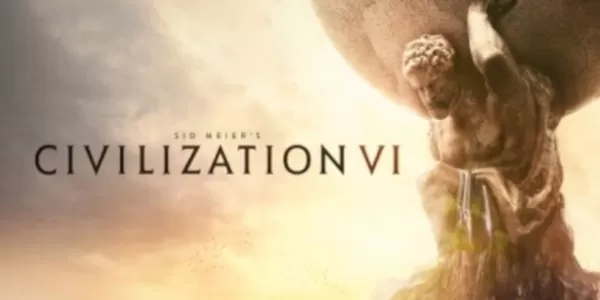
-

-

